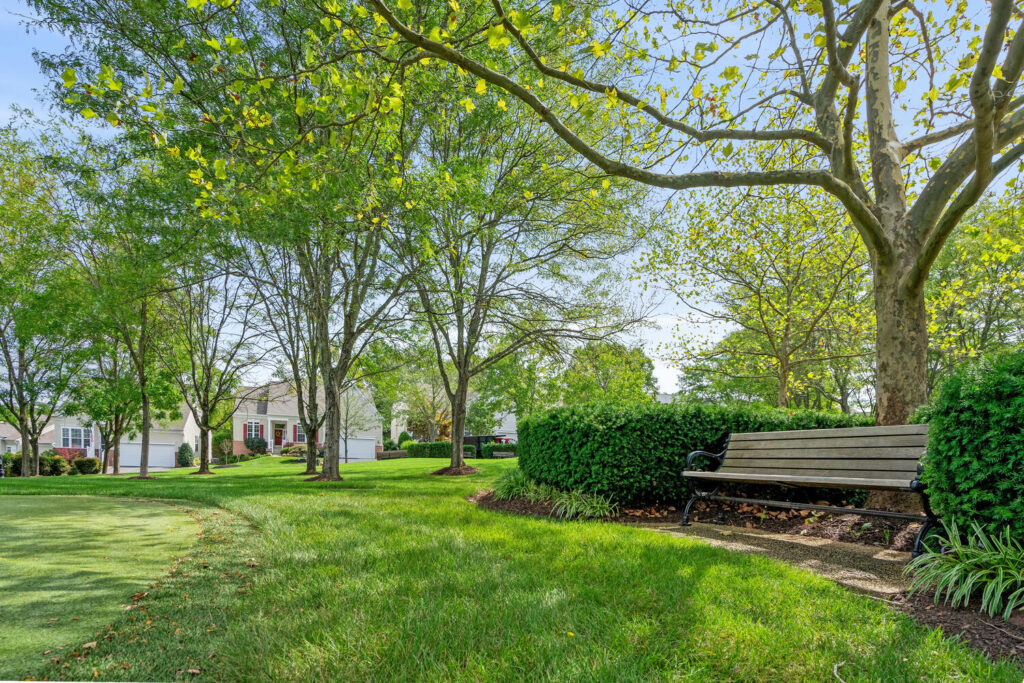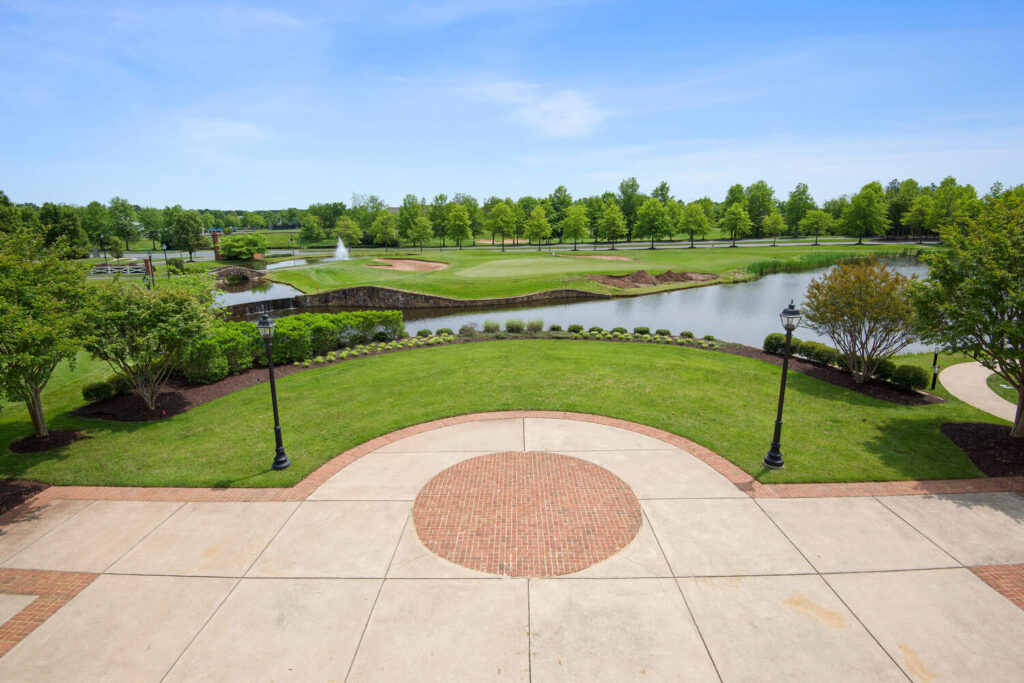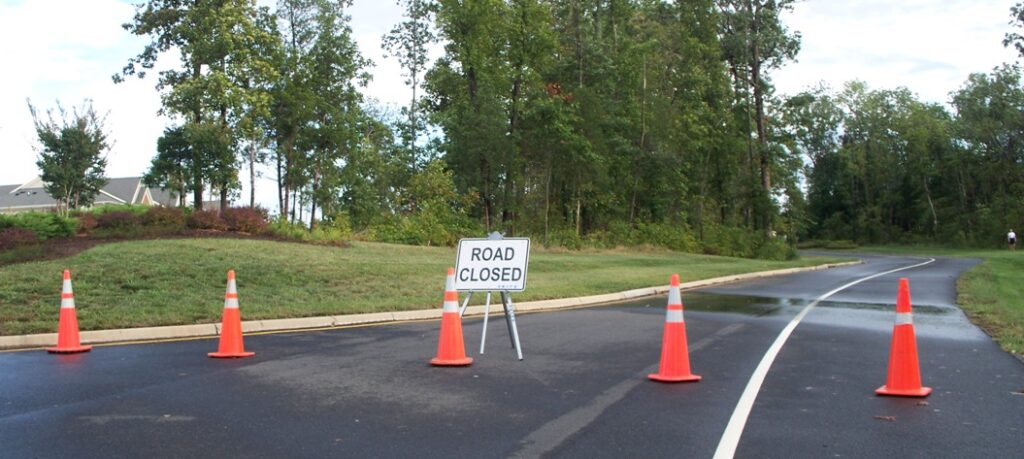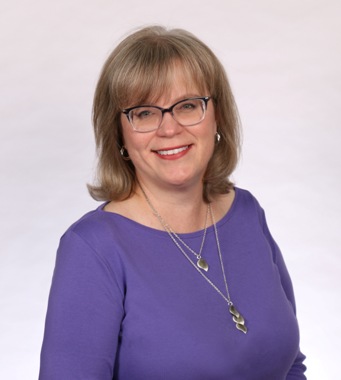
HOA & Condo Capitalization Fees
Having worked in the Gainesville/Haymarket area real estate market since 2005, one time capitalization fees are a normal part of a buyer’s real estate fees, most typically seen in gated communities and in condo buildings. Also known as capital contribution fees, these capitalization fees are disclosed in the HOA or condo resale packages and are collected as a normal business practice and kept in reserve funds. In condos, I have seen them as low as three months worth of condo dues or more typically, twelve months worth of HOA dues.
These fees are NOT condo or HOA dues paid ahead and credited to the buyer. They are one time assessments collected at the time of purchase.

So what do capitalization fees ultimately cover? By themselves, not much. They point of them is to keep the HOA or condo healthy to be able to make capital improvements without levying special assessments on each home owner as massive expenditures come up. Since these are most often seen in gated communities with loads of amenities, the perception is that they go only to fund pools, tennis courts, clubhouses and even golf courses. The latter is tricky because not all community located golf courses are actually owned by the HOA. In condo buildings, elevators must be budgeted for maintenance and repair, as do the roofs, siding and common areas inside the building. Of course, the largest expense looming throughout the entirety of any gated community is one used by everyone–the streets.

HOAs of gated communities have all private streets. VDOT does not pay to maintain the streets throughout gated communities, whether that is plowing snow or paving. Of course, paving is the ultimate expense. Does that mean capitalization fees are seen only in gated communities? No. Capitalization fees are seen in many HOAs, not just gated communities, but in non-gated communities are likely almost unnoticeable at five hundred dollars or less.
Capitalization fees in the Gainesville/Haymarket real estate markets have not been as a deterrent to buying in the communities that have them. Rather, they are seen as the cost of doing business. In a seller’s market where buyers outnumber houses on the market, buyers will absorb the cost. In a buyer’s market where there are more homes for sale than buyers to absorb them, buyers are more likely to leverage any opportunity to ask for closing cost assistance.

Working with a skilled, full-time real estate professional that knows the market is the best way to understand whether or not a capitalization fee present in an HOA or condo is inline with the market average. An agent well versed in their profession will also know that surprises are not advisable in any real estate transaction and will disclose them in a listing well before a buyer ever sees the HOA or condo resale documents. Or, will know that a capitalization fee is likely even if it is not disclosed upfront, when representing a buyer.
If you have more questions about capitalization fees as a buyer or seller, let me know how I can be of assistance.


Chris Ann Cleland
Associate Broker
VA License #0225089470
Long & Foster Real Estate
Call or Text: 703-402-0037
Email: ChrisAnn@LNF.com
www.UncompromisingValues.com
The opinions expressed in this blog are those of Chris Ann Cleland, not Long & Foster. All content is written by Chris Ann Cleland without the aid of artificial intelligence.
